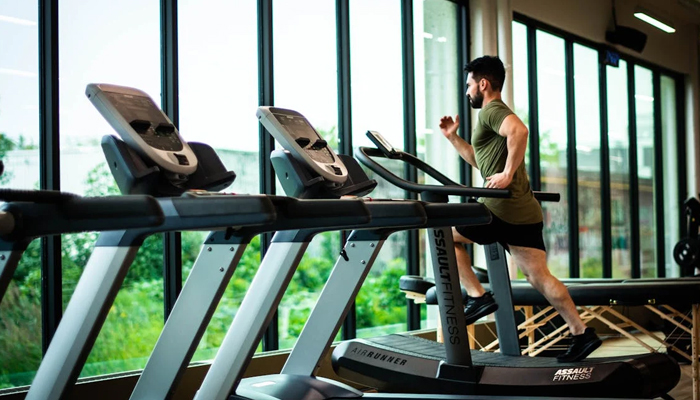What are tips for healthy Ramadan? Experts have some for you
Experts suggest avoiding salty, spicy food including garlic, adding that "one should focus on food timing and hydration"
March 17, 2024

Ramadan has not only its spiritual effects but also countless health benefits. This holy month offers a chance to make new habits and abandon the old ones that are not good for overall health.
Experts, in a National News report, have enumerated some of the benefits of Ramadan and encouraged people to opt for new habits such as reducing the consumption of caffeine, doing exercise, and discarding all junk eating.
Wsinee Sukjaroenkraisri, the executive vice president of strategy and programmes at RAKxa Integrative Wellness in Thailand, said: "By integrating practices that holistically address physical, mental and spiritual well-being, individuals can unlock the transformative potential of this sacred month."
Eating nutritious
Nutritionist Mona Mobarak said: "Focus on nutrient-dense foods and stay hydrated. Also avoid overeating at dinner to preserve energy levels during the day."
Experts also suggested avoiding salty and spicy food including garlic, adding that one should focus on food timing, digestion and hydration. They also urged people to add vegetables and fruits into their diet for balanced food consumption.
People with diabetes, other illnesses during Ramadan
Swati Prasad, Specialist in Internal Medicine, at Aster Royal Clinic, Downtown Dubai, said that those suffering from diabetes or any other disease must consult with their physician regarding their medication, diet, and disease management.
Being aware of nutrition intake to ensure optimal digestion is crucial for diabetics, says Mitun de Sarkar, who is a managing director of meal delivery service Simply Healthy.
"People with Type 2 diabetes should visit a doctor a week or two in advance to monitor their blood glucose and HbA1C levels for any change of medication if required."
Experts also underlined that people should keep checking their blood pressure to avoid any health complications. They also suggested eating light during iftar, then eating dinner followed by a balanced suhoor.
Exercise in Ramadan
Healthcare professionals urged people to opt for less intense workouts lest they become dehydrated during fasting. They suggested yoga and mobility.
A professional also suggested conducting moderate exercise after breaking fast to maintain overall health.
Benefits of fasting
Fasting helps in body cleansing, burns body fat, and reduces bad cholesterol and inflammation. This also provides a break to the human mind from neurotoxins, chemicals, and other food additives consumed through unhealthy eating. It also mitigates neuroinflammation.
It is widely understood that fasting can increase neuroprotective factors, thereby improving cognitive, executive, and emotional functioning, according to an expert.











